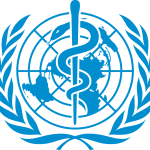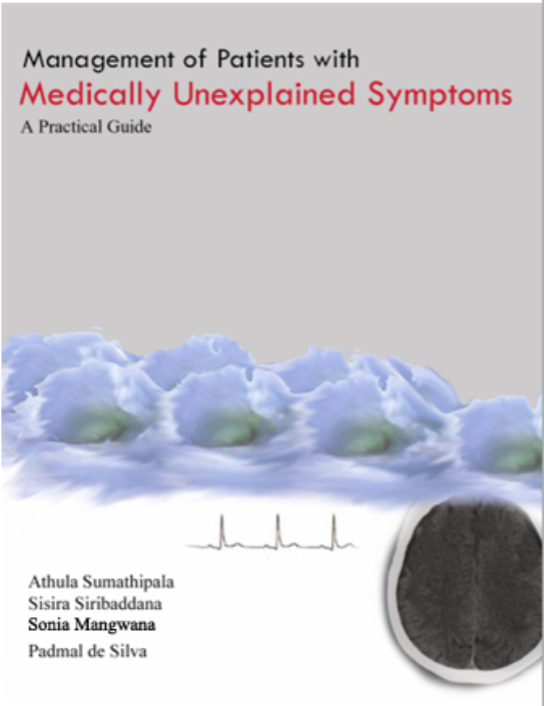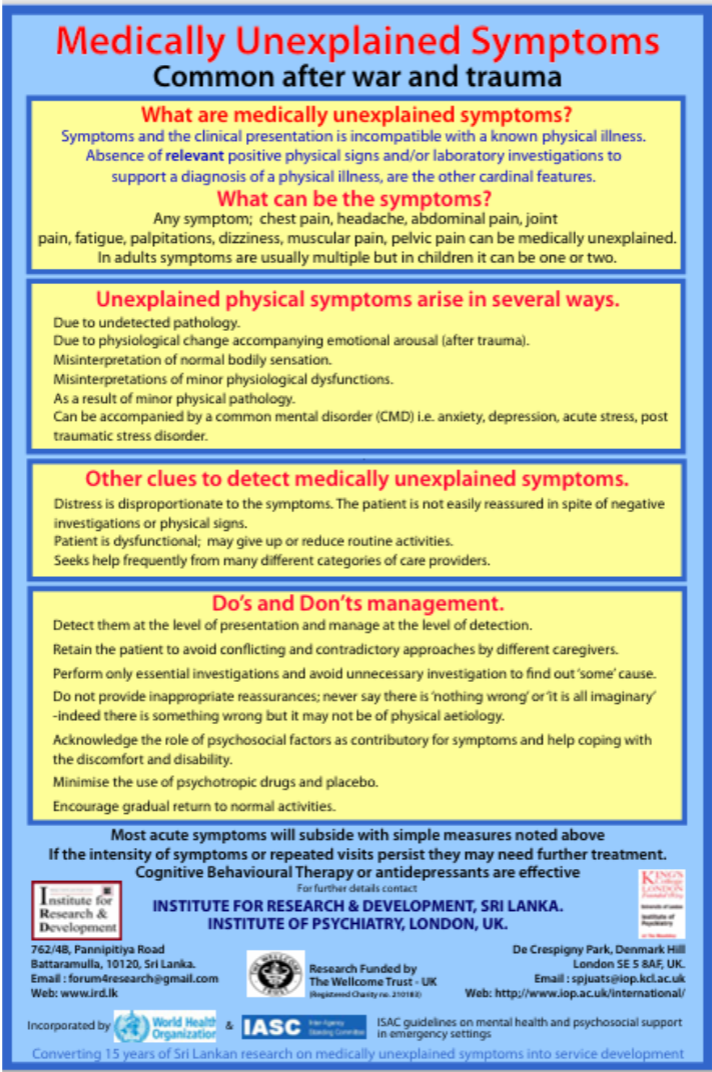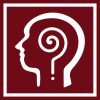World Health organization

Ird
RESEARCH INTO MEDICALLY UNEXPLAINED SYMPTOMS (MUS): observational epidemiology to intervention studies.
The two clinical trials of CBT for the treatment of MUS in Sri Lanka were identified in the Lancet Series on Global Mental Health (2007) as among a handful of such complex intervention trials of mental disorders from Low- and Middle-Income Countries. This work was replicated in Vietnam in collaboration with colleagues from Australia.
MUS are an important public health issue following disasters. After the tsunami, the WHO sponsored training a critical mass of doctors (400) in most provinces in SL. A manual and a poster were developed (www.ird.lk). The Inter-Agency Standing Committee (IASC – headed by the WHO) guidelines on mental health and psycho social support in emergency settings, has incorporated this work and have recommended it as an important front line post-disaster intervention. It is also incorporated in WHO mhGAP Intervention Guide for mental, neurological and substance use disorders in non-specialized health settings. After the earthquake in Pakistan and Sichuan province in China, We trained 40 psychiatrists using these resources.
Sumathipala A, Siribaddana S, Mangava S, De Silva P. Cognitive Behavioral therapy for Medically Unexplained symptoms. Forum for Research and Development Publication, Colombo 2006. (ISBN 9558973017) (Funded by the WHO)

This book received the Sri Lankan Medical Association CNAPT award for the best publication 2007 (Sumathipala A et al,. Cognitive Behavioural therapy for Medically Unexplained symptoms. Forum for Research and Development Publication, Colombo 2006. (ISBN 9558973017) (Funded by the WHO)

Development of a training program for OPD doctors in Kalmunai in identification, treatment and referral of epilepsy, psychosis, sever depressions, medically unexplained symptoms and heavy alcohol use
(WHO reference OSER/ Product/ Activity/ Exp. Type SE/SRL MNH 001 XK 06)
Sumathipala A, Siribaddana S, Samaraweera S, Gominda Ponnamperuma Siriwardana C. Psychosis, Severe Depression, Medically Unexplained Symptoms (MUS), Epilepsy and Heavy Alcohol Use Identification, treatment and referral. A training manual. Institute for Research and Development, Colombo 2009 (ISBN 978-955-1639-02-0) (Funded by the WHO)
COVID 19 related work (WHO funded)
WHO Lived experience of Sri Lankans hospitalized with COVID 19: a mixed method study; resilience, coping, stigma, quality of life and mental illness
Dr Nihal’s project in Rathnapura 2017
Improving the quality of routine immunization services and thereby improving the quality of the maternal and child health services in the Ratnapura District of Sri Lanka
Professor Sumathipala
Professor Sumathipalas work with the WHO
Invited to present a concept paper/temporary advisor to WHO. WHO meeting on ‘Research for Change’. Title of the speech: “Being a researcher in a developing country: challenges, barriers and rewards”. Cape Town South Africa (Dec, 2002).
- Primary presenter for the American Psychiatric Association, WHO, National Institute of Health (USA) research planning conference; Somatic Presentations of Mental Disorders: Refining the Research Agenda for DSM-V. Title of the speech: “What is the evidence for treatments for somatoform disorders” Beijing, China (Sep 2006)
GLOBAL MENTAL HEALTH: Committees
- WHO Topic Expert Group (TEG) for the mental health gap (mhGAP) guideline updates 2021.
- WHO South-East Asia Regional Strategy on Prevention of Suicide Expert group for Finalization of the strategy. SEARO, New Delhi, India (April, 2016).
- WHO Working Group on Somatic Distress and Dissociative Disorders to make recommendations regarding necessary revisions to the ICD-10 classification (2011- 2015).
- WHO Guidelines Development Group (GDG) for problems and disorders specifically related to stress (SPE-STRESS) (2011-2013).
ETHICS: Committees
- Member of the WHO working group on ‘Ethical issues in Research and surveillance: Epidemics, Pandemics and Public Health Crisis’ (2011-2013).
Publications
WHO. Describe possible variations to standard procedures of ethics review that are applicable to research in public health emergencies. Ethics in epidemics, emergencies and disasters: research, surveillance and patient care Training manual. WHO, Geneva 2015
